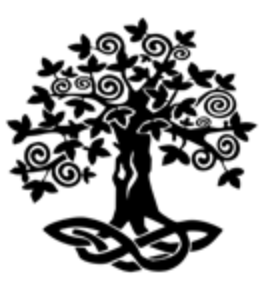Tips for Hair Drying and Protection
-
Why Wet Hair is Vulnerable
- When wet, hair becomes weaker and swells, increasing the risk of damage. Prolonged water exposure weakens hair further, making it prone to breakage. Lower denaturation temperature requires careful drying.
-
Air Drying vs. Hair Dryer
- Air drying can actually be more damaging than a hair dryer. Some heat helps seal the cuticle for shine. Properly direct the dryer from roots to ends.
-
Advantages of Hair Dryer Over Air Drying
- Wet hair is delicate due to shampoo and hot water opening cuticles, making them fragile. To prevent damage, always use a hair dryer, especially for chemically treated hair.
-
Protecting Your Hair while Drying
- Use the hair dryer correctly to prevent damage. Begin with a towel, apply a heat protectant spray, start at low heat, and gradually increase. Drying from roots to ends keeps hair smooth.
-
Winter Hair Care
- Cold and dry air can harm hair and overall health. Use hair dryer heat cautiously to avoid damage, and apply protective products.
-
Potential Risks of Sleeping with Wet Hair
- Sleeping with wet hair can lead to damage, bacteria, and fungal growth on the scalp. Avoid sleeping with very wet hair and wait until they are 60-70% dry.
-
Natural Drying Techniques
- Letting hair dry naturally is healthy. Gently pat with a towel, use leave-in products or oils for protection during air drying.
-
Drying Wavy Hair Naturally
- For wavy hair, use a diffuser attachment on the hair dryer. Prevent frizz with specific products. Dry from top to bottom and finish by flipping your head for volume.
Conclusion
Applying these tips and techniques can help maintain the health and appearance of your hair during the drying process.
